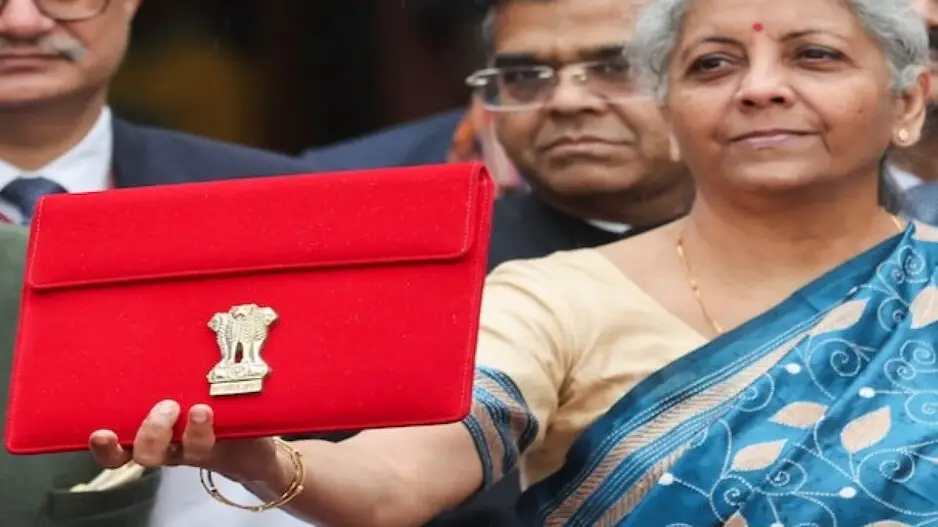/odishatv/media/post_attachments/uploadimage/library/16_9/16_9_0/IMAGE_1674840054.jpg)
Budget 2025: Key changes in tax filing process that would benefit taxpayers in India
As India gears up for Budget 2025, expectations are high among taxpayers for significant reforms. The Bharatiya Janata Party (BJP) government, under Prime Minister Narendra Modi, faces demands to alleviate the burden of high taxes, support the middle class, and manage soaring inflation.
A primary expectation from Finance Minister Nirmala Sitharaman is to simplify the tax filing process. Below are a few changes in the tax filing process that would benefit taxpayers:
Current System and Proposed Changes:
Currently, taxpayers in India are required to file their returns by 31st July of each assessment year, with any revisions or late submissions due by 31st December. These deadlines present challenges and calls are growing for an extension beyond the fiscal year's end to allow more thorough preparation of tax returns.
Also Read: Budget 2025: No tax for up to Rs 10 lakh annual income; 25% tax slab for these income groups likely
45-Day Filing Period:
One of the proposed reforms includes a 45-day filing period post the issuance of Form 16, which employers need to provide by 15th June. This would potentially ease the load on the tax portal, often plagued by technical issues during the deadline rush.
International Income and Potential Penalties:
Taxpayers must disclose foreign income and assets, a complex task due to differing international fiscal calendars. Extending the July deadline might offer the needed respite for compiling global financial information. Missing the 31st July deadline can lead to penalties such as increased tax liabilities, interest on unpaid taxes, and a late fee of up to Rs 5,000, heavily impacting personal finances.
Indian residents, termed as "Residents and Ordinarily Residents" for taxation, are obliged to declare all global assets and liabilities. This includes reconciliation with countries like the United States, Canada, and Singapore, which observe a calendar-year fiscal period, contrasting with India’s financial year setup.
Outlook and Government Response:
Failure to meet the revised or delayed filing deadlines leaves taxpayers with no choice but to submit updated returns, incurring extra fines and interest.
The question remains whether the Narendra Modi government will address these concerns by introducing more flexible filing options. The answers are awaited in the forthcoming budget announcement scheduled on February 1.
FICCI pre-Budget survey: India Inc. pegs GDP growth at 6.5-6.9 pc for 2025-26

Indian stock market opens higher, Nifty above 23,000

India’s digital economy to contribute one-fifth of national income by 2029-30

Union Budget 2025: Finance Minister Sitharaman to present Economic Survey in Parliament today

/odishatv/media/agency_attachments/2025/07/18/2025-07-18t114635091z-640x480-otv-eng-sukant-rout-1-2025-07-18-17-16-35.png)

/odishatv/media/media_files/2025/09/22/advertise-with-us-2025-09-22-12-54-26.jpeg)